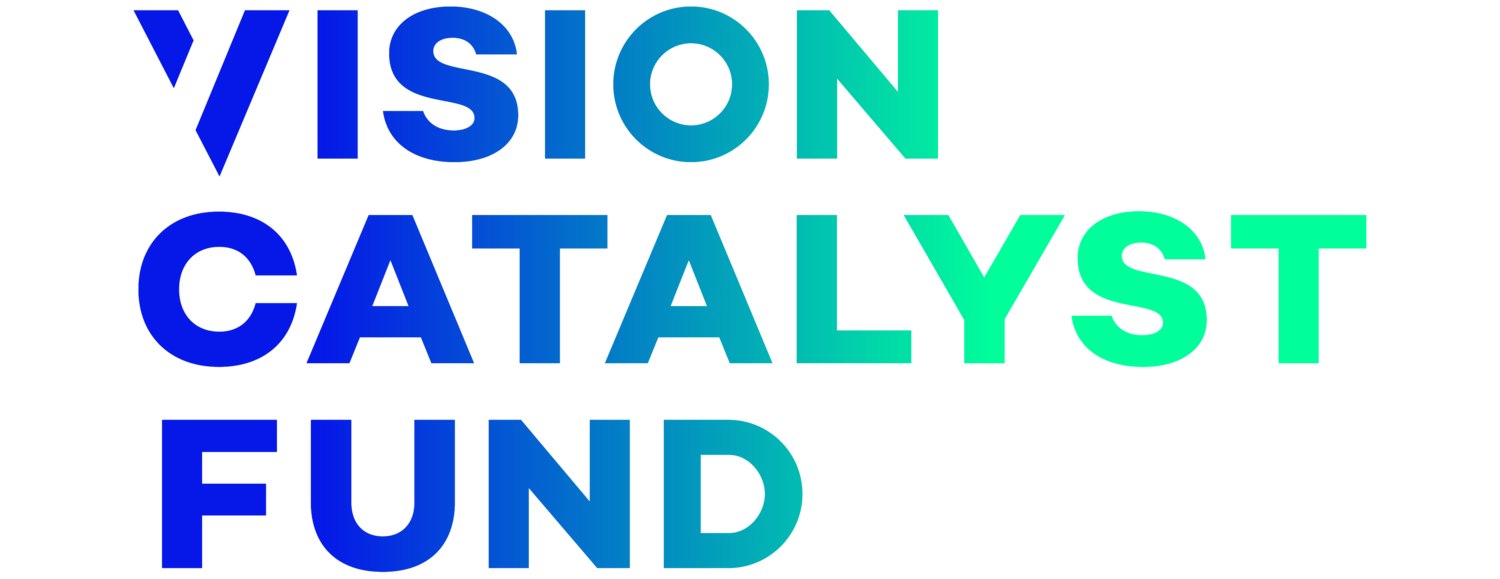Introducing RAAB7
A Screener for St John’s Eye Hospital
Introducing RAAB7 - the new generation of Rapid Assessment of Avoidable Blindness eye health survey.
A new and expanded version of the Rapid Assessment of Avoidable Blindness (RAAB) survey has officially launched, following extensive development and testing with leading eye health sector organisations. RAAB7 is delivered digitally using bespoke technology and enables faster, more accurate and more insightful data collection and analysis for effective eye health planning.
High-quality data is vital to understand the needs of a population in order to design and evaluate impactful eye health programmes to prevent vision loss. RAAB is a well-established population-based eye health survey which is used to assess the prevalence and causes of vision impairment and blindness among people aged 50 years and older, as well as recording priority eye care service indicators. The latest RAAB7 version replaces its predecessor (RAAB6) and provides enhanced functionality and greater efficiencies across multiple stages of the survey.
Powered by Peek Vision technology, RAAB7 includes new and updated features based on current eye health priorities to support users to capture the most accurate eye health planning data possible. Features include:
A mobile app with in-built validation checks for high-quality data collection
Integrated Peek Acuity app which has been clinically validated to measure visual acuity
A new web platform with live data visibility to enable real-time survey monitoring
Data collection on a broader range of priority eye health and disability indicators
Custom reports and templates to help users easily interpret their data
RAAB7 has been developed as a collaboration between the International Centre for Eye Health (ICEH) at the London School of Hygiene & Tropical Medicine and Peek, in consultation with a steering group of leading sector experts. Organisations represented on the steering group include the International Agency for the Prevention of Blindness (IAPB), the Vision Loss Expert Group (VLEG), the Vision Catalyst Fund, and major eye health non-governmental organisations including CBM, The Fred Hollows Foundation and Sightsavers.
Future developments in RAAB7 will include near vision assessment, and there is the potential to integrate further additional features that improve the planning and evaluation of eye health programmes.
RAAB7 has been piloted by organisations including St John of Jerusalem Eye Hospital Group (SJEHG), which carried out a survey in the Occupied Palestinian Territories in 2018, funded by the The Fred Hollows Foundation.
Data from RAAB surveys is vital to generate global estimates of vision impairment and to monitor progress towards universal health coverage. A new website has been launched as part of the RAAB7 project. This replaces the previous RAAB repository site and collates all available RAAB data. Principal Investigators for RAAB7 surveys can choose to make further survey outputs openly available on the site, providing a wealth of valuable information for secondary analysis to support the sector.
More details on RAAB7 features are available at www.raab.world/raab7, along with contact information to find out about fees and next steps to complete a survey.




